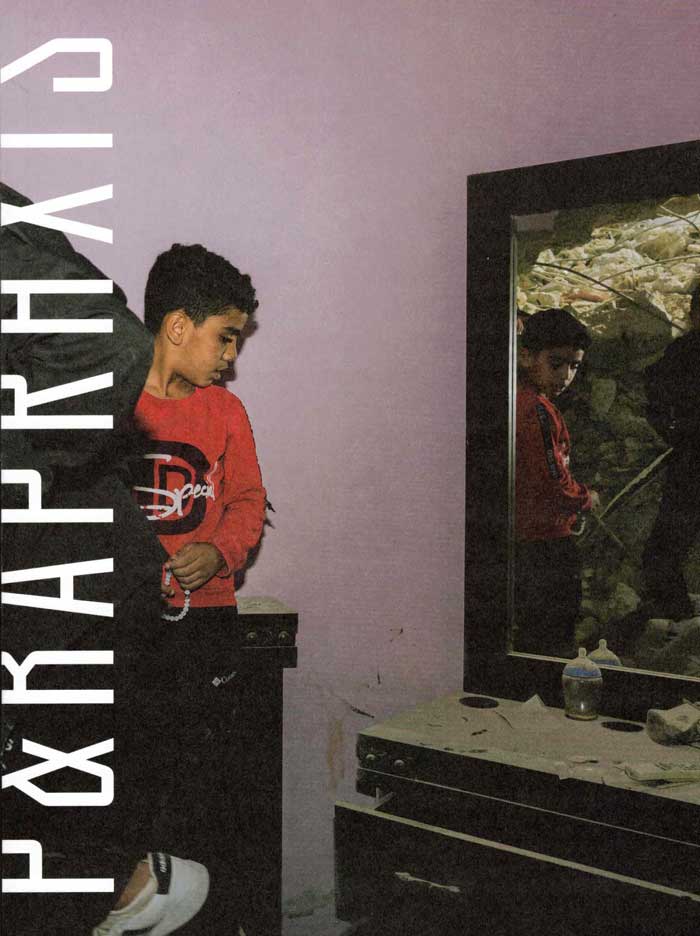
Let Them Rot: Antigone's Parallax
A provocative, highly accessible journey to the heart of Sophocles' Antigone elucidating why it keeps resurfacing as a central text of Western thought and Western culture.
"Zupančič writes with rare lucidity and patience for exposition, helped along by a talent for turning peculiar phrases or seemingly senseless jokes into full-blown insights. Her ideas are fresh, as if they hailed from some open air beyond the clutter of current theoretical quarrels. This brilliant account of Antigone breaks new ground for philosophy, psychoanalysis, and political and feminist theory."—Joan Copjec, Brown University
There is probably no classical text that has inspired more interpretation, critical attention, and creative response than Sophocles' A ntigone. What is it about the figure of Antigone that keeps haunting us? To what kind of always contemporary contradiction does the need, the urge to reread and reimagine Antigone—in all kinds of contexts and languages—correspond?
The violence in Antigone is the opposite of "graphic" as we have come to know it in movies and in the media; rather, it is sharp and piercing, it goes straight to the bone. It is the violence of language, the violence of principles, the violence of desire, the violence of subjectivity. From this question of violence, the author turns to questions of funerary rites and of the relation of Antigone's singularizing claims to her universal appeal. What, Zupančič asks, does this particular (Oedipal) family's misfortune, of which Antigone chooses to be the guardian, share with the general condition of humanity? This forces us to confront the seemingly self-evident question: "What is incest?"
Let Them Rot is Alenka Zupančič's absorbing guided tour of the philosophical and psychoanalytic issues arising from the Theban trilogy. Her original and surprising account illuminates the play's ongoing relevance and invites a wide readership to become captivated by its themes.
Alenka Zupančič is Professor of Philosophy and Psychoanalysis at the European Graduate School and a researcher at the Institute of Philosophy at the Slovene Academy of Sciences and Arts. Her books include What IS Sex?, The Odd One In: On Comedy, and Ethics of the Real.







